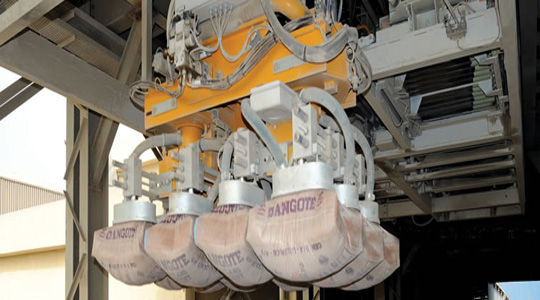File photo of applicants trying to submit their test questions to an immigration officer
The World Bank says the unemployment rate in Nigeria rose five-fold in the last 10 years.
From 6.4 percent in 2010 to 33.3 percent at the end of 2020, the Bank said the significant increase affected Nigerian youth in their quest to find gainful employment opportunities.
In March, the National Bureau of Statistics (NBS) reported that Nigeria’s unemployment rate climbed to 33.3 percent in the fourth quarter (Q4) 2020 from 27.1 recorded in the second quarter (Q2) 2020.
The NBS had said a total of 23.18 million persons in Nigeria either did nothing or worked for less than 20 hours a week, making them unemployed during the fourth quarter (Q4) 2020.
Advertisement
According to StatiSense, a data technology company, with 33.7 percent, Nigeria ranked top among the list of countries with the highest unemployment rate globally.
In its recent report, titled, ‘Of Roads Less Travelled: Assessing the Potential for Migration to Provide Overseas Jobs for Nigeria’s Youth’, the World Bank said the labour market has significantly worsened following the 2016 recession and COVID-19.
The Bank said the acute jobless crises caused socio-economic challenges for the rising working-age population resulting in an increase in the number of citizens seeking asylum and refugee status in other countries.
Advertisement
“A combination of rising unemployment, booming demographics, and unfulfilled aspirations is increasing the pressure on young Nigerians to migrate internationally in search for gainful employment,” the report said.
“With limited legal migration options, young Nigerians are increasingly choosing irregular alternatives to find better work opportunities overseas.
“The Government of Nigeria (GoN) has developed institutional and policy frameworks that recognise international labour mobility as a tool to address unemployment, increase remittances, and facilitate the transfer of knowledge and investments from its diaspora, and has simultaneously worked on initiatives that curtail irregular migration.”
The Bretton wood institution said Nigeria’s working age population grew from 102 million to 122 million, growing at an average rate of approximately 3 percent per year.
Advertisement
“The expanding working-age population combined with scarce domestic employment opportunities is creating high rates of unemployment, particularly for Nigeria’s youth,” the report added.
“Since 2018, the active labour force population has dramatically decreased to around 70 million—lower than the level in 2014— while the number of Nigerians in the working-age population but not active in the labour force has increased from 29 million to 52 million between 2014 and 2020.
“Similarly, Nigeria’s active labour force population, that is, those willing and able to work among the working-age population, grew from 73 million in 2014 to 90 million in 2018, adding 17.5 million new entrants to Nigeria’s active labour force.”
The Bank advised Nigerian institutions to promote managed migration approaches that help create opportunities for prospective job seekers to find employment internationally.
Advertisement
It also added that Nigeria to implement and support schemes that increase the returns to human capital investments for youth.
Advertisement
Add a comment






